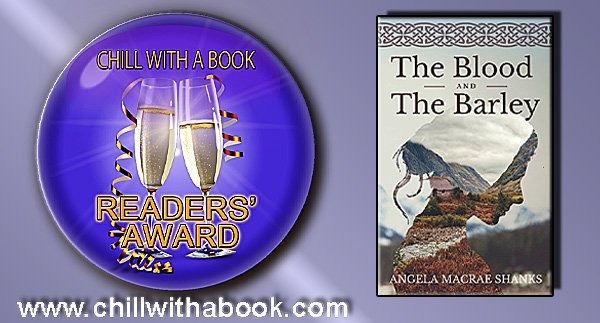AMAZON UK £3.99 £10.00
AMAZON US $5.31 $12.99
AMAZON CA $5.12 $16.82
The Strathavon Saga #1
Fictional Saga
1700s
Scotland
This is the background to the life of Morven MacRae, the feisty daughter of a notorious smuggler. Morven is an apprentice healer. Her teacher and friend is Rowena Forbes, who the local exciseman is convinced is a witch. The man, McBeath, known locally as the Black Gauger for his appalling ways, believes he is possessed by her, but he is also obsessed by her in other ways: he desperately wants her as a woman, and that means as his wife. This involves eliminating her husband and threatening to have her turned out of the glen if she refuses him. Which she does, for McBeath is corrupt in mind and body. Fortunately, Rowena has a young kinsman, Jamie Innes, who comes to her aid.
Jamie’s family were evicted from Strathavon when he was small boy by the Black Gauger. Jamie is tall and strong, and just about everything a young hero should be except for the fact that he is a little too naïve and credulous. But that can be attributed to his youth and lack of real-life experience, and we hope he will ‘grow’ during the course of the story. Naturally, when Jamie appears in the glen and immediately saves Morven’s life we can sense where the story will end. But it’s not that simple for either of them: their fate is tied to what is happening to Rowena Forbes. This in turn leads to numerous misunderstandings and unforeseen complications.
But this is far more than a boy meets girl story. It is also a portrayal of what kinship, loyalty and land means to Highlanders and the author’s description of the Highlands is so evocative one can almost feel the texture of the heather. Macrae conjures a mystical land of crags and burns, where belief in the old ways still hold and are made plausible by its isolation from what Wordsworth described as the ‘getting and spending’ of everyday life. Macrae also uses the local dialect in dialogue so well I didn’t bother to check the meaning of words in her glossary: it all made sense to me in context. What mars the story, however, is the persistent ‘head-hopping’. In trying to create the community of the area, from the humble crofters to the land-owning duke, the author gives us necessary backstory and explains kinship links but goes a little too far in providing the reader with every character’s mood and motivation. The crofters walk off the page as real people, but their jostling motivations cause unnecessary confusion and often slow the action, especially when we get multiple points of view on a single page.
In this respect, Macrae could trust her readers a little more. For example, the type of reader who enjoys this sort of novel will recognise and relate to Sarah, Rowena’s adolescent daughter, whose identity crisis brought on by jealousy of her mother’s young friend, Morven, is exacerbated by the loss of her father and the arrival of a very handsome cousin. Showing us what Sarah does would have been sufficient, thus avoiding confusion as to who says what and why in scenes where she is eavesdropping on her mother, and where we already have two points of view from the people conversing in secret. Similarly, Morven’s parents, who are beautifully portrayed with the tensions of their marital bond and struggle to provide for their family, also intervene with their private hopes, fears and anxieties in key scenes relating to Morven and Jamie. Constantly shifting point of view and giving us multiple inner-dialogues slows the action in crucial moments, and to my mind, hindered the exciting, and otherwise satisfying end. This is a first novel and this is definitely an author to watch – I suggest a stricter technical editor, however, for her future novels.
Nevertheless, this is a well-told tale, and I’d love it to become a saga along Poldark lines. Morven has the makings of an excellent Demelza. The community of the glen, their whisky stills and smuggling born out of necessity make for a convincing backdrop and I look forward to reading more about Strathavon. I recommend The Blood and the Barley to anyone who enjoys family sagas.
© J.G. Harlond

click here to return to home page 'Bookshelf' then scroll down for more items of interest






Thank you so much for the wonderful review, I am over the moon. My thanks also for the advice re. employing a stricter technical editor - thanks to Helen I now have a brilliant one!
ReplyDeleteOur pleasure Angela
Delete